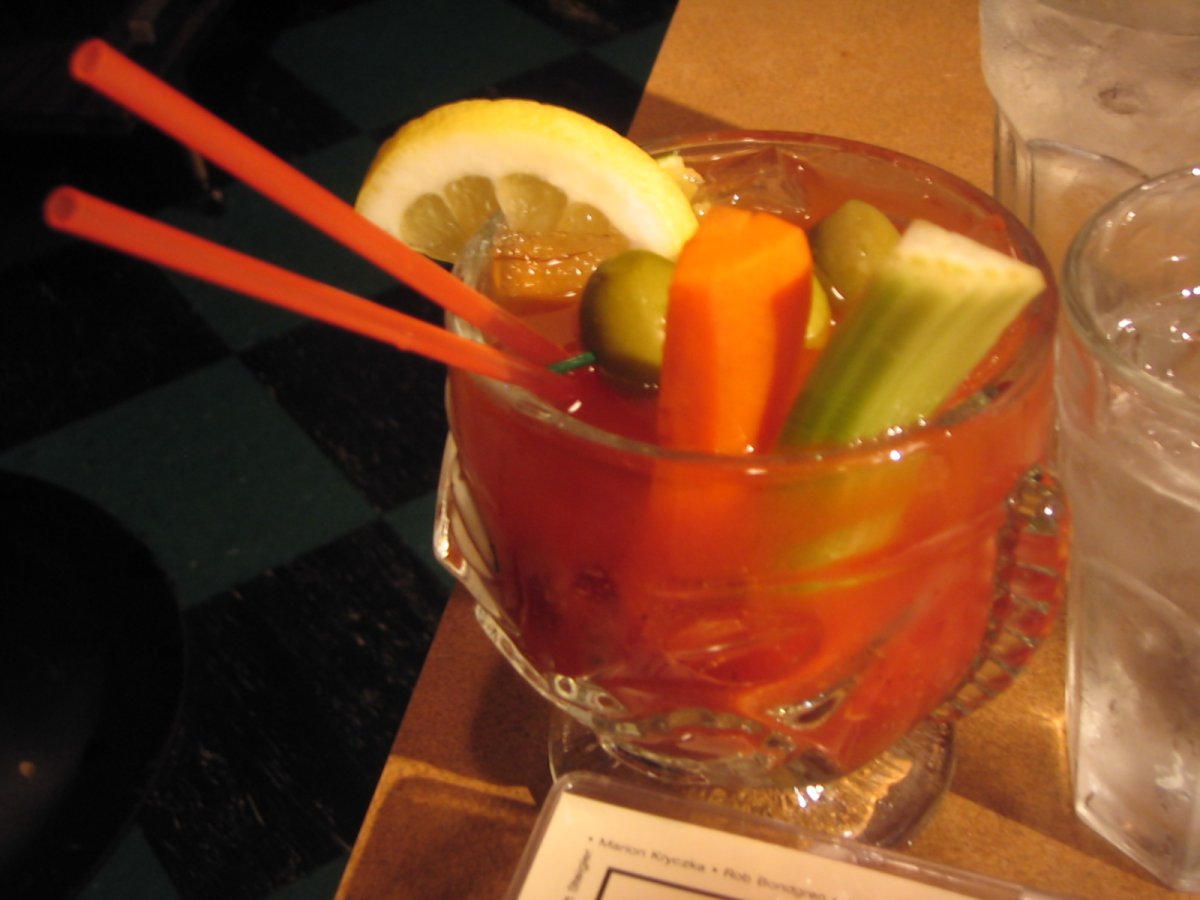BY COLIN MIXSON | Amendments to the state’s archaic Alcoholic Beverage Control Law sailed through both houses of the state Legislature last week after Senate and Assembly majority leaders reached a compromise on the “brunch bill.” City bars and restaurants will now be able to start slinging drinks at 10 a.m. on Sundays.
The changes to the Sunday drinks bill has resulted in a more moderate law, and locals are more-or-less pleased with the changes.
“I don’t think it’s a problem,” said Tobi Bergman, chairperson of Community Board 2, “at least not in our neighborhood.”

As originally proposed, the brunch bill would have allowed booze to be served at 8 a.m., as opposed to the noon prohibition currently in effect on Sundays.
That legislation was based on recommendations by the 23-member Alcoholic Beverage Control Law Working Group — a so-called “blue ribbon” panel of industry professionals and their lawyers convened by Governor Andrew Cuomo. The working group included Steven Harris, president of the New York State Beer Wholesalers Association, and Kelly Diggins, senior counsel for North American Breweries.
The group included only one local representative, however, Ebenezer Smith, the district manager of Community Board 12, which covers Washington Heights and Inwood in Upper Manhattan, leaving other local leaders feeling slighted that the state had left them out of the loop.
“I think that some of the people who came up with these changes don’t know anything about our neighborhood, and that’s why the laws shouldn’t be changed this quickly,” said Jeff Ehrlich, co-chairperson of Community Board 1’s Quality of Life Committee.
Protesting the lack of local input was a cadre of Manhattan state and city politicians, including state Senator Daniel Squadron, Assemblymembers Alice Cancel, Deborah Glick and Richard Gottfried and Councilmembers Margaret Chin and Rosie Mendez, who rallied together outside City Hall on June 3. They appealed to the state to provide locals with a more substantial opportunity to give input on Cuomo’s new legislation.
With the bills now passed, some locals are still sore that changes reflecting their communities’ concerns were only made after local elected officials and community boards rallied during the very brief window of time between when the bills were announced in late May and voted on in June.
“We have no way of knowing if the working group’s recommendations would have become law without the last-minute input from the community boards and elected,” Ehrlich noted. “What works for small towns Upstate does not necessarily work for a dense metropolis like New York City.”
Another main gripe among locals with the suite of changes to the so-called ABC Laws was the threat of significant alterations to the “200-foot rule” for bar / restaurants. Changing that rule would have opened up the possibility of watering holes — albeit, only those with a kitchen — situating themselves adjacent to houses of worship and schools, and posing very real quality-of-life concerns for Manhattan neighborhoods already oversaturated with nightlife operators.
Locals were concerned that bars would surround cherished community institutions. But the bill that was ultimately voted through contained no changes to the “200-foot rule.”
As to the Sunday brunch law, locals are generally satisfied that serving mimosas at 10 a.m. won’t infringe upon their beauty sleep on the day of rest.
“We don’t see 10 on Sunday as a problem,” said Pat Moore, co-chairperson of Community Board 1’s Quality of Life Committee. “Eight o’clock is kind of ridiculous. I can’t speak for everyone, but I don’t think it’s a problem. Most New Yorkers don’t go out to brunch until noon anyway.”





































